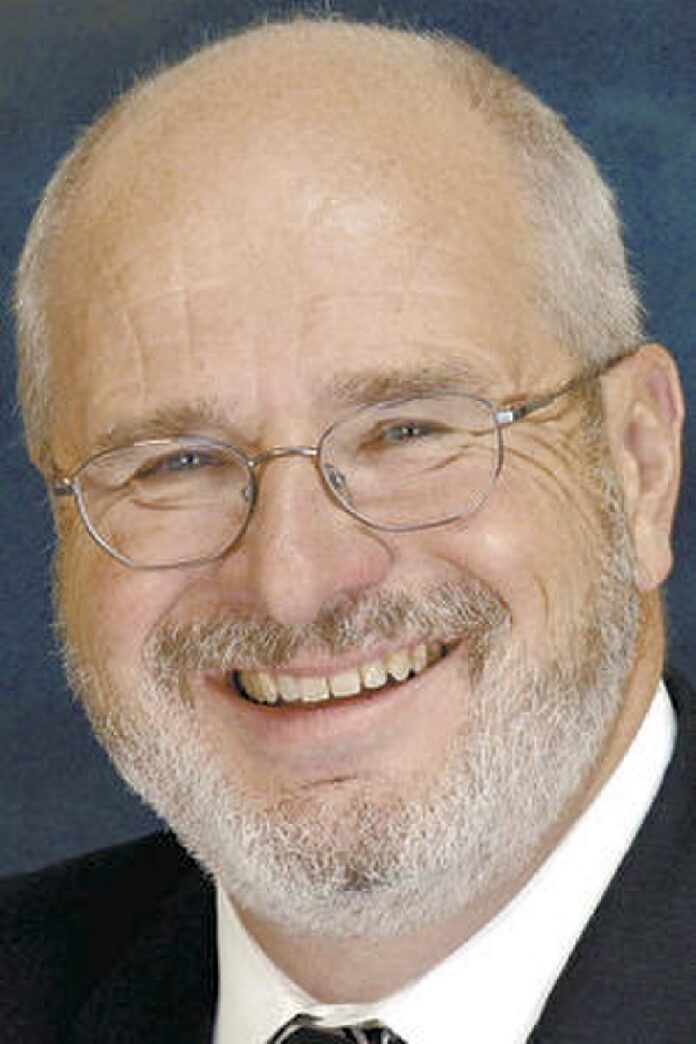INDIANAPOLIS — Nearly 20 years ago, I sat next to U.S. Sen. Richard Lugar, R-Indiana, at a dinner.
This was three months after 9/11. President George W. Bush had declared war on terrorism.
Lugar was a speaker at the dinner. I was the emcee.
There was at that time no more respected voice in the field of foreign policy than Lugar’s. He, along with U.S. Sen. Sam Nunn, D-Georgia, had done groundbreaking work persuading the collapsed Soviet Union to dispose of much of its arsenal of weapons of mass destruction. He and Nunn saved countless lives in the process.
Lugar also had helped bring about a peaceful resolution to a disputed election in the Philippines that easily could have turned into a brutal, bloody civil war.
He had success in these arenas because he always did his homework, and he looked at the world with a realist’s eye. He understood that not everyone on the planet valued the same things and that, often, the key to resolving potentially catastrophic disputes involved finding out what the parties involved really wanted or feared.
That night, as we munched our way through the salads and entrees, I asked Lugar about the coming conflict, one that would carry us into decades of war in Afghanistan and Iraq.
I wanted to know if it was wise to call what we were doing a war, which is normally a formal political relationship between recognized nations. I also asked if he thought it made sense to imply, by using a term such as “war,” that Osama bin Laden and his allies were enemy combatants, rather than terrorists and criminals.
Lugar’s response was Lugar-like, an informed and subtle analysis that stacked one well-reasoned paragraph after another until it formed a fortress of logic. But his endorsement of the Bush administration’s policy also was more qualified than I expected.
He granted that my questions were valid ones that he had pondered himself but said that 9/11 had been a huge and, in many ways, unprecedented assault on the United States. It demanded a decisive response.
The use of military power was the easiest and most legally defensible way to meet the challenge.
Then I posed the questions that most troubled me.
What constituted victory in this “war on terror?” When would we know it was over?
Lugar paused for a long moment before he answered.
“That,” he said, speaking slowly, “is the $64,000 question.”
At that moment, I felt real dread.
I thought then — as I do now — that if Dick Lugar didn’t have an answer to that question, it meant that the United States didn’t have an answer.
Flash forward nearly 20 years.
As the United States leaves Afghanistan, that nation descends into madness, murder and terror. Many of the Afghan people will be slaughtered in the days, weeks, months and years ahead. Many others will be tortured and subjected to the most brutal forms of oppression.
Partisans on both sides of our gaping political divide point fingers at each other. They shouldn’t be so modest.
There’s blame enough for this inhuman disaster to go around.
Four different presidents — two Republicans and two Democrats — contributed to the tragic debacle. George W. Bush swaggered when he should have tread cautiously. Barack Obama refused to face the fact that any choice the U.S. made in Afghanistan would have costly, even horrible consequences and thus often dithered. Donald Trump emboldened the Taliban by attempting to negotiate with its leaders.
And Joe Biden foolishly set an arbitrary deadline for withdrawal.
At the heart of all these deadly and dangerous missteps was Americans’ deadly and dangerous hubris, our belief that we have both the right and the power to make other people think the way we do and want what we want.
Dick Lugar, to his eternal credit, acknowledged that his support for what became a nearly endless war in Iraq and Afghanistan had been a mistake.
That we Americans had made a big and tragic mistake.
Always the realist, always the student, he learned the lesson that we Americans seem to have to learn again and again and again.
Wars are always easier to start than they are to end.
John Krull is director of Franklin College’s Pulliam School of Journalism and publisher of TheStatehouseFile.com, a news website powered by Franklin College journalism students. Send comments to [email protected].





